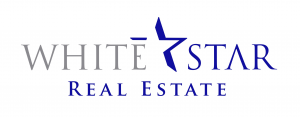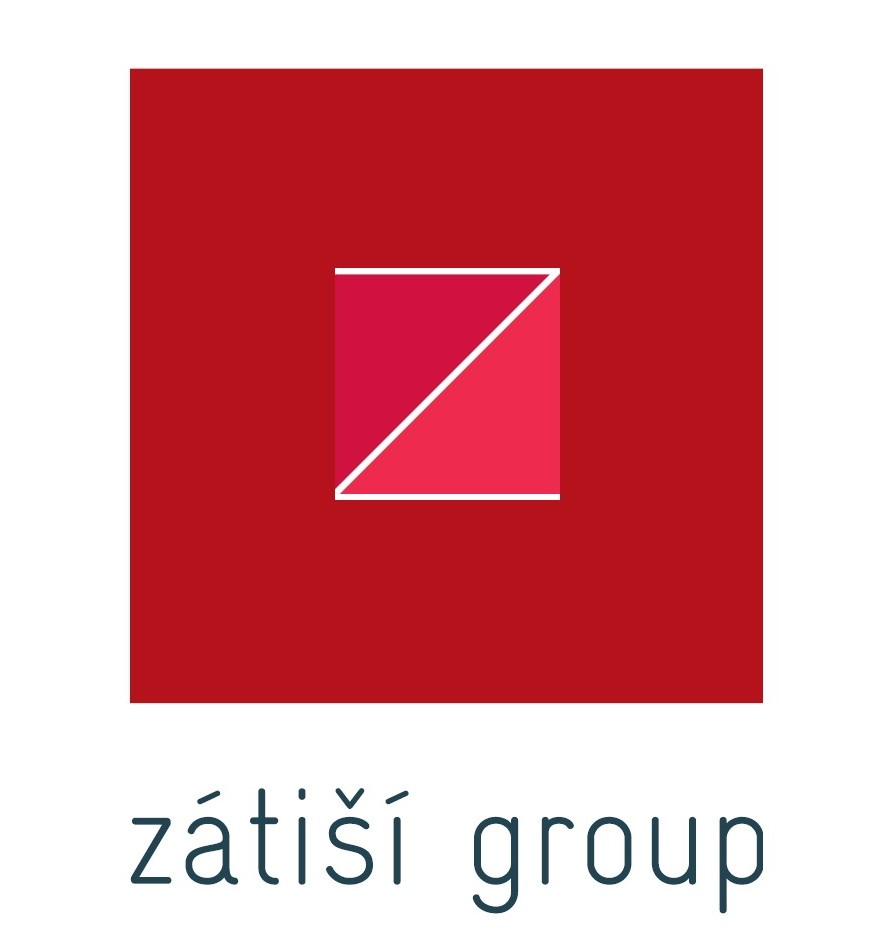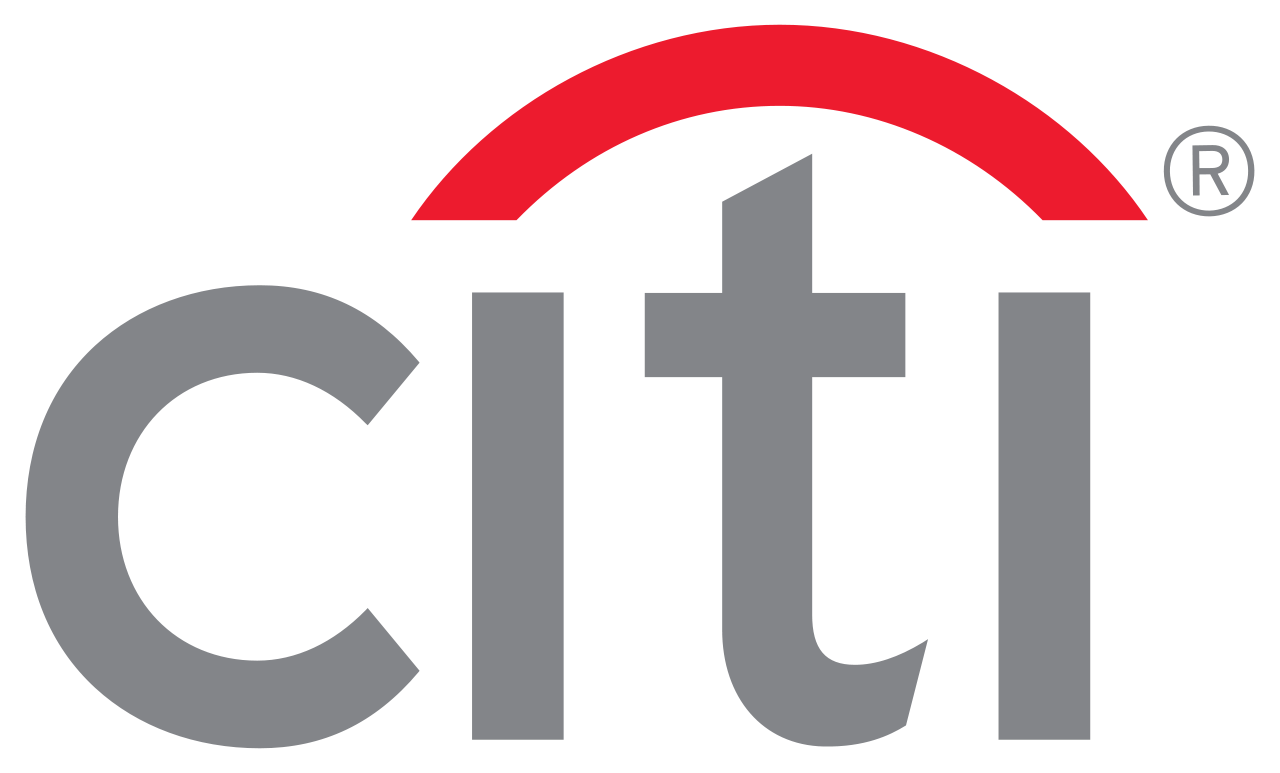Paying Taxes 2009: New Report Finds that 21st Century Economies Can Benefit from Simpler Business Tax Systems
12.11.2008Company: PricewaterhouseCoopers Česká republika, s.r.o.
A new report, launched by the World Bank, IFC and PricewaterhouseCoopers, shows that tax authorities worldwide are overhauling tax systems by reducing taxes, streamlining administrative processes and modernising payment systems. Paying Taxes 2009, the third report in an annual series, is expected to prompt further dialogue between governments and businesses on improving tax systems.
The report draws on the Doing Business 2009 report and measures the ease of paying taxes for mid-size domestic companies in 181 economies, analyses tax systems and tracks related reform efforts. It includes examples of how 18 economies have made use of data from the previous global Doing Business reports and provides insight into discussions with governments and other stakeholders generated by earlier Paying Taxes reports.
Paying Taxes 2009 finds that in 2007/08
- Thirty-six economies made it easier to pay taxes.
- The most popular reforms were reducing corporate income tax rates (in 21 economies) and improving electronic filing and payments systems efficiency (in 12 economies).
- Eight economies reduced the number of taxes paid by business.
- The Czech Republic is one of those countries that reduced corporate income tax (from 24% to 21%). In spite of this, the country ranked 118th on the ease of paying taxes.
Paul Stewart, Leading Partner of the PricewaterhouseCoopers Tax Practice in the Czech Republic, said:
“The report indicates that other countries are implementing even broader and more progressive tax reforms. In the future, the Czech Republic will need to focus more effort on making the tax administration procedures more efficient and less burdensome for companies – reducing headline tax rates is certainly positive, however this becomes far more effective when combined with reforms focused on reducing the compliance burden and easing tax administration.”
- On average, corporate income tax accounts for only 13% of tax payments, 26% of compliance time, and 37% of the total tax rate (tax cost to the case study company).
- Employment (labour) taxes account for 34% of the total tax rate, taking into account only amounts borne by the employer. Employment taxes are particularly prevalent in the European Union and account for 65% of the total tax rate for the case study company in the region.
- In the Czech Republic, corporate income tax accounts for 6%, indirect taxes for 3% and labour taxes for almost 40% of the total tax rate, which totals 49%.
Paul Stewart added: “Reviewing the mechanism for the calculation and collection of labour taxes, especially social security, may be the key for a more efficient Czech tax system in the future. Currently, labour taxes comprise the largest part of both the total tax rate as well as the time needed to comply and this is one area the Czech Republic is already assessing as a means to make business more efficient and tax compliance less administratively burdensome.”
When asked to comment on the result of the study, Peter Chrenko, Deputy Minister of Finance in the Czech Republic, said: “The Ministry takes the challenge to create a modern tax system with simplified administration very seriously. We are now working on three key projects to reduce the tax compliance burden: a new tax administration code, a single revenue agency to administer all taxes, customs and social and health insurance, and a new Income Tax Code. These reforms, if approved, would certainly reduce the time required to comply with the tax legislation, allowing companies to focus more time and energy on their core activities. However, as these reforms will not be launched before 2010, we are very keen to understand the Doing Business methodology and use it as a benchmark to identify and introduce some quick wins immediately and reduce the time needed by at least 30% for the next year.”
In the European Union, there are four countries that made it to the top 20 for ease of paying taxes: Ireland (6), Denmark (13), Luxembourg (14) and the United Kingdom (16). Meanwhile, Italy (128), Poland (142) and Romania (146) have the most complex systems in the EU.
Susan Symons, PricewaterhouseCoopers LLP partner, said, “Corporate income tax reform has had a positive impact for government and business in a number of economies, yet these benefits could be multiplied if tax reform is looked at in its entirety. Tax reform should include all business taxes - not just corporate income tax. It should include all administrative aspects and the relationships between government and business generally. These are all fundamental to effective tax systems.”
For information about Paying Taxes, visit www.doingbusiness.org/taxes or www.pwc.com/payingtaxes.
Paying Taxes 2009 - Key findings:
This year’s top reformer was the Dominican Republic. In 2007/08, it lowered the corporate income tax from 30% to 25%, eliminated several taxes (including stamp duty), reduced the property transfer tax, and implemented an online filing and payment system. - Four European Union countries are in the top 20 for ease of paying taxes: Ireland (6), Denmark (13), Luxembourg (14) and the United Kingdom (16). Meanwhile, Italy (128), Poland (142) and Romania (146) have the more complex systems in the EU. The overall rankings for the EU on ease of paying taxes are, in order, Ireland, Denmark, Luxembourg, UK, The Netherlands, Estonia, Latvia, Sweden, Lithuania, Greece, Belgium, France, Portugal, Slovenia, Germany, Spain, Austria, Bulgaria, Finland, Hungary, Czech Republic, Slovakia, Italy, Poland and Romania.
- The overall ranking for the G8 countries is: the United Kingdom (16), Canada (28), the United States (46), France (66), Germany (80), Japan (112), Italy (128) and Russia (134).
- Economies that reduced corporate income tax rates in 2007/08: Albania, Antigua and Barbuda, Bosnia and Herzegovina, Burkina Faso, Canada, China, Cote d’Ivoire, Czech Republic, Denmark, Dominican Republic, Georgia, Germany, Italy, former Yugoslav Republic of Macedonia, Madagascar, Malaysia, Morocco, New Zealand, Samoa, St. Vincent and the Grenadines and Thailand.
- Economies that simplified the process of paying taxes in 2007/08: Azerbaijan, Belarus, China, Colombia, Dominican Republic, France, Greece, Honduras, Malaysia, Mozambique, Tunisia and Ukraine.
- Economies that eliminated some taxes in 2007/08: Belarus, Dominican Republic, Georgia, Madagascar, Malaysia, Mexico, South Africa and Uruguay.
- Economies that revised their tax code in 2007/08: Bosnia and Herzegovina, Bulgaria, Morocco, Mozambique and Zambia.
- Economies where it takes the case study company over 200 hours to comply with the corporate tax system in 2007/08: Belarus, Bhutan, Brazil, Cameroon, Congo Republic, Nigeria, Syria, Taiwan, Timor-Leste and Vietnam.
- The average number of all business taxes for the case study company varies by region – ranging from just over eight, on average, in the Association of South East Asian Nations (ASEAN) economies to 12 in the fast growing developing economies (Brazil, Russia, India and China - BRIC). Within regions there are also wide variations. In the EU for instance, the number of taxes range from five in Sweden to 16 in Austria.
Contacts
Lenka Čábelová, PricewaterhouseCoopers Czech Republic, phone +420 251 151 828, lenka.cabelova@cz.pwc.com
Rebecca Ong, World Bank-IFC, phone: +1 (202) 458-0434, e-mail: rong@worldbank.org
About Paying Taxes 2009
The Paying Taxes study was carried out by PricewaterhouseCoopers and the World Bank-IFC in association with the World Bank Group’s Doing Business 2009 report. The Doing Business project uses a case study company and ranks tax systems using three indicators. The first indicator is the total tax rate - the methodology to calculate this figure uses the broad principles from the PricewaterhouseCoopers Total Tax Contribution framework and looks across all taxes that businesses pay. The total tax rate indicator measures the amount of all taxes borne by the business, expressed as a percentage of commercial profits. The other indicators are the time it takes to comply with the major types of taxes and the number of tax payments.
The Doing Business ‘paying taxes’ indicator measures all taxes and contributions that are government mandated (at any level – federal, state or local) as they apply to the standardised business and have an impact on its income statements. These include the corporate income tax, social contributions and labour taxes paid by the employer, property taxes, property transfer taxes, dividend tax, capital gains tax, financial transactions tax, waste collection taxes and vehicle and road taxes.
The case study company is a domestic mid-size manufacturer and retailer, which is chosen deliberately to ensure that its business can be identified with worldwide. A standard fact pattern is given so that the tax indicators generated can be compared across many diverse economies without being significantly distorted by industry-specific incentives and relief. It is a simple domestic business to ensure that the focus of the results is purely on the local tax system.
About PricewaterhouseCoopers
PricewaterhouseCoopers provides industry-focused assurance, tax, and advisory services to build public trust and enhance value for its clients and their stakeholders. More than 154,000 people in 153 countries across our network share their thinking, experience and solutions to develop fresh perspectives and practical advice. “PricewaterhouseCoopers” refers to the network of member firms of PricewaterhouseCoopers International Limited, each of which is a separate and independent legal entity. For more information, visit www.pwc.com.
About the Doing Business Project
Doing Business 2009 rankings are based on 10 indicators of business regulation that track the time and cost to meet government requirements in business start-up, operation, trade, taxation, and closure. The rankings do not reflect such areas as macroeconomic policy, quality of infrastructure, currency volatility, investor perceptions, or crime rates. For more information, visit www.doingbusiness.org.
For information about IFC, the World Bank or PricewaterhouseCoopers, visit www.ifc.org, www.worldbank.org, or www.pwc.com.







